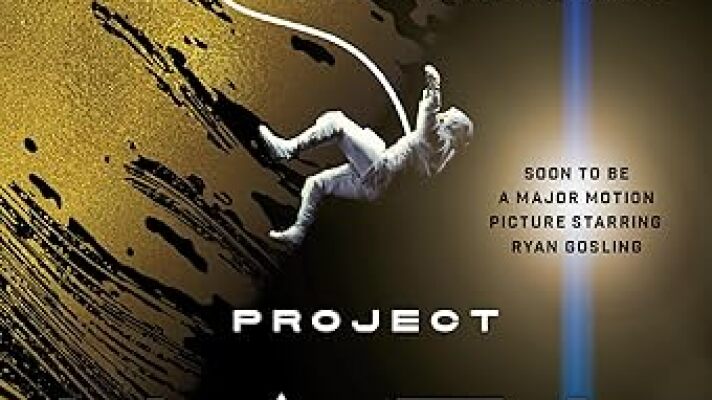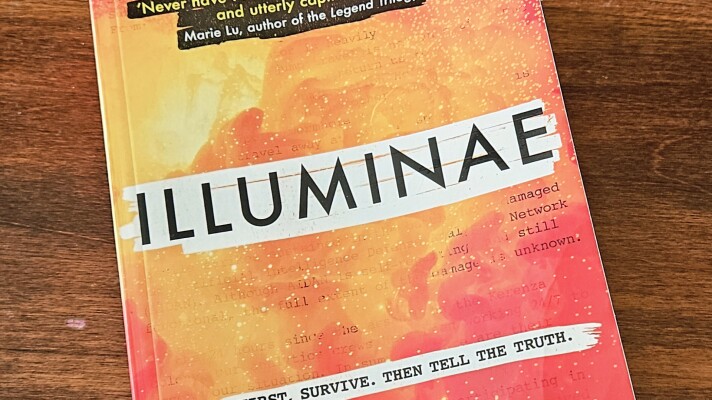“I Who Have Never Known Men,” was originally published in French, in 1995 by the Belgian author Jaqueline Harpman. It’s been around for almost thirty years, but must be tapping into our current collective consciousness, because two of my friends - who don’t know one another, and who live on opposite sides of the country – both recommended it to me recently.
I Who Have Never Known Men is a strange, haunting story about a group of women who are trapped in an underground bunker. They can’t remember how they ended up there and are hesitant to revisit their memories of their lives before their imprisonment. The youngest among them is isolated by her age. She has no memories before the bunker. She yearns to learn as much as possible about the world, and to try and make sense of her strange existence. Male guards watch the women in the bunker at all times, but never speak to them. There is no hope for escape. The women’s day to day existence is monotonous and bleak. Until, one day, the guards suddenly disappear, and the women escape, only to find themselves lost in a strange and unfamiliar world.
As the older women age, and die, the youngest woman is eventually left alone in this desolate landscape. She continues her quest for knowledge and understanding and eventually writes her life story, even though she’s not sure anyone will read it.
I Who Have Never Known Men is classified as science Fiction, but if I were organizing my home library, I’d put it in the philosophy section. The story deals with deep themes like isolation, imprisonment, community, and survival of the spirit. It examines existential questions such as, “What does it mean to be human,” and “really what’s the point of it all.” “I Who Have Never Known Men,” would be an excellent choice for a book club if your group likes discussing big ideas and dissecting mysterious plot points.
Throughout the book, there are numerous questions left unanswered. One of
my friends who recommended the book begged me to read it, just so that we
could puzzle out all the peculiarities together. When I think back on my favorite books of 2025, I Who Have Never Known Men is at the top of the list. It was a quick and gripping read, but I loved it because it stuck with me. I’ve thought about I Who Have Never Know Men after reading it, more than almost any other book.
My brain keeps returning to that dreamlike landscape trying to work out the puzzles - and pondering those existential questions. I’m still trying to decide
if the entire story was designed as a metaphor, and if so, a metaphor for what,
being conscious, being a child, being a woman, being alive?
I Who Have Never Known Men will keep you thinking. Give this poetic little book a read, and call me if you solve any of the mysteries.













